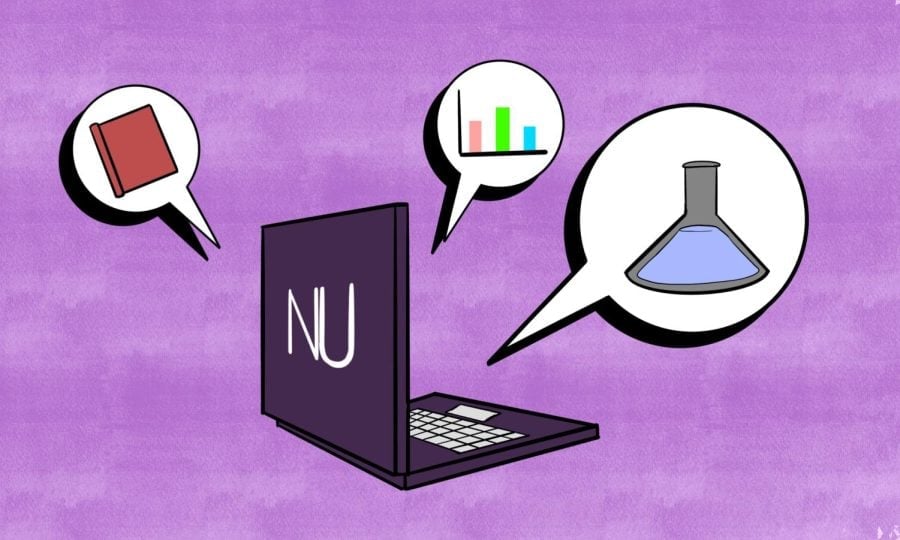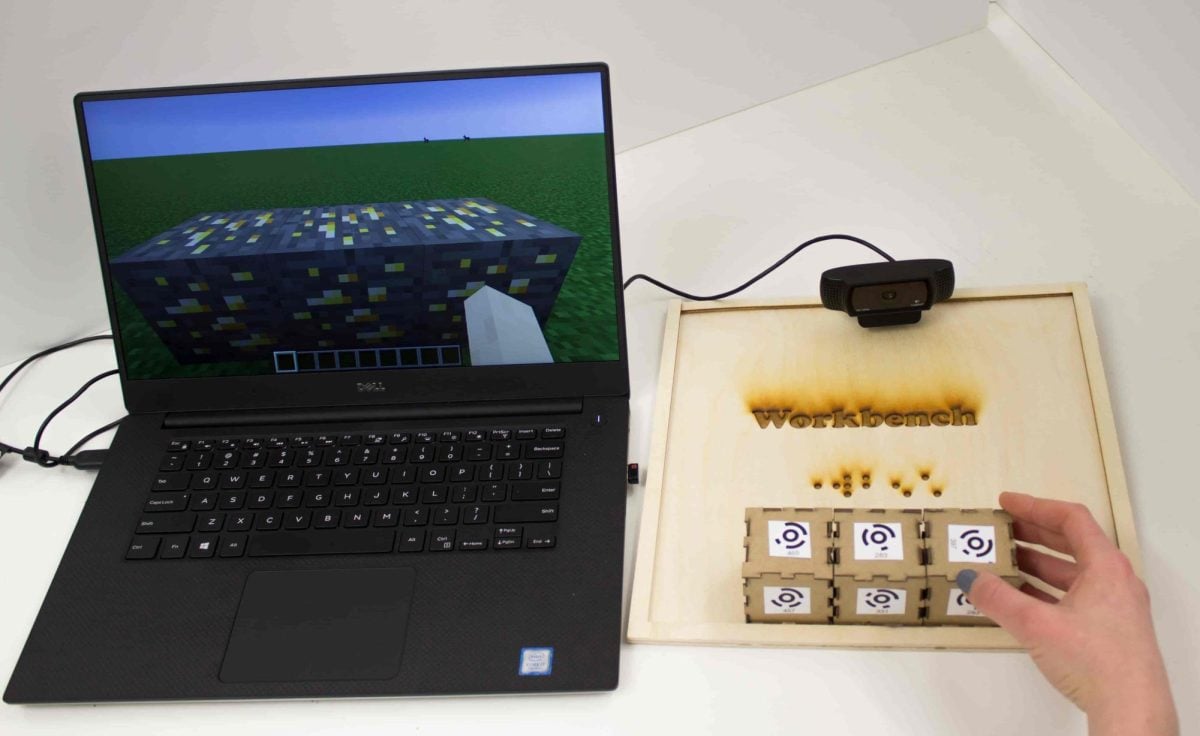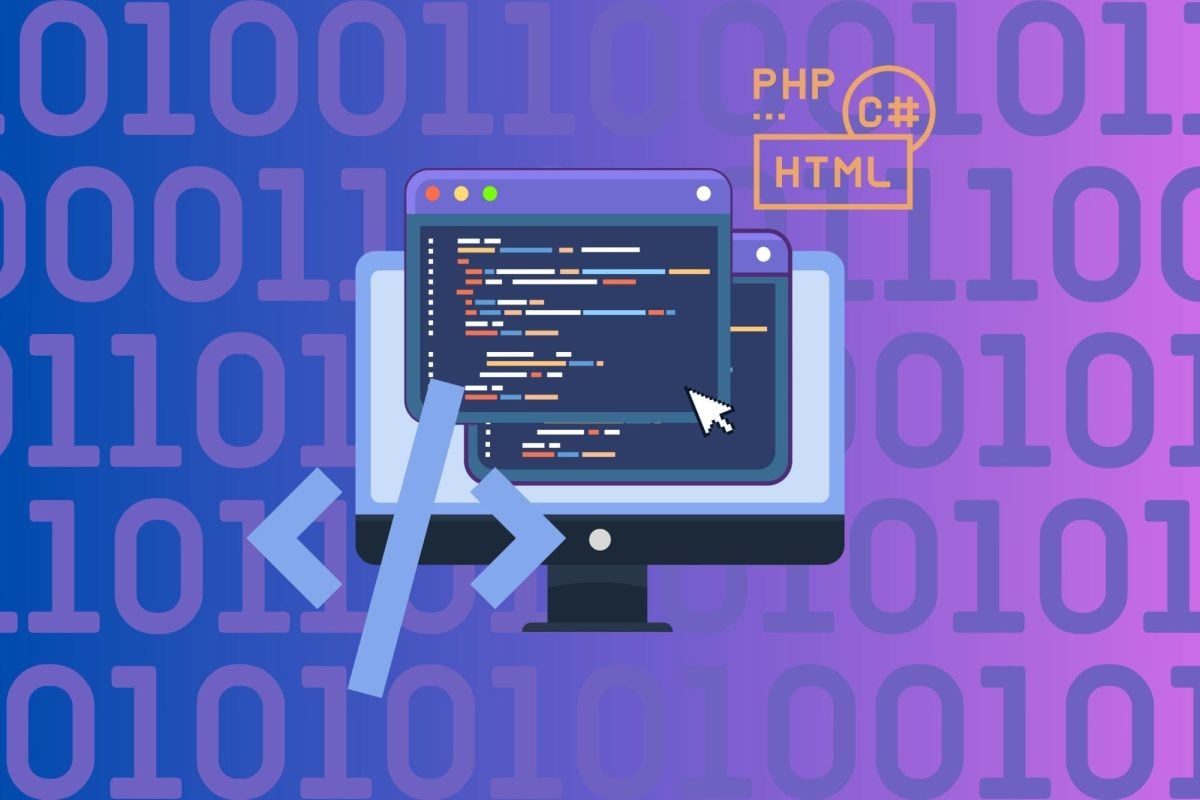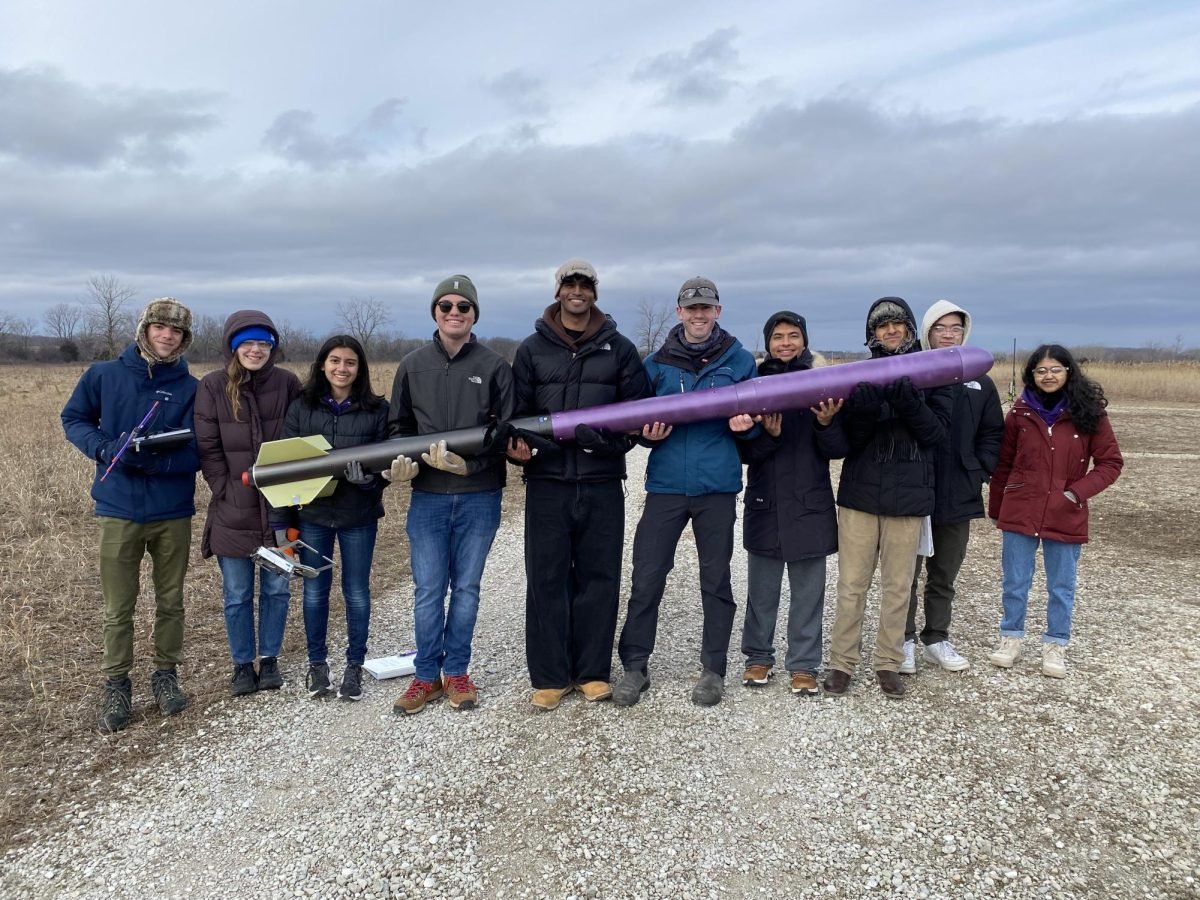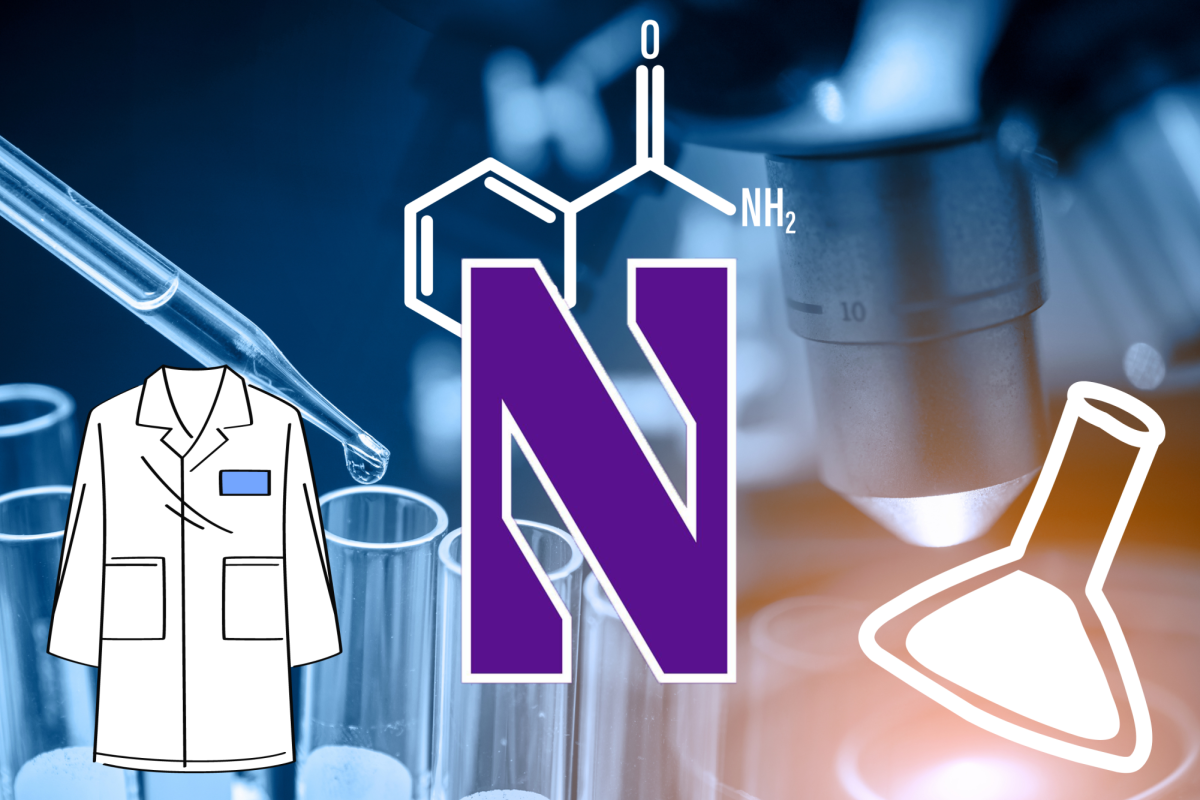Olive oil linked to lower risk of Alzheimer’s in Feinberg School studyAccording to a new study from Northwestern’s Feinberg School of Medicine, there may be another reason to love extra-virgin olive oil besides the fact that it promotes good heart health – olive oil may play a role in preventing Alzheimer’s disease. Small toxic proteins called ADDL molecules are believed to bind to neurons, making it more difficult for brain cells to fluidly communicate with one another. This is where oleocanthal, a naturally-occurring chemical found in olive oil, may help. According to the research, oleocanthal alters the structure of the ADDL molecules in a way that deters the toxic protein from binding to neurons and disrupting brain function, a finding which may open up more effective treatment avenues for the country’s sixth leading cause of death.
Breakthrough may slow cancer cells’ migration, build body’s defensesA breakthrough therapeutic developed at Feinberg may help strengthen the body’s defenses against the spread of cancer. The new treatment, developed by Dr. Seth Corey, director of the pediatric oncology program at NU’s Robert H. Lurie Comprehensive Cancer Center, combines a breast cancer drug, doxorubicin, with a leukemia drug, dasatinib. This potent chemotherapy “cocktail” has been shown to hinder cancer cells’ ability to migrate outside the breasts and to the internal organs, keeping the disease from progressing and potentially improving survival rates for patients.
E-mail users show same behavioral pattern as Einstein, Darwin, FreudA new human behavior study at NU has drawn an eye-opening comparison between the patterns of correspondence of those who wrote letters long ago and today’s e-mail users. Like many who sift through inboxes and send e-mails one after the other in one sitting, influential people of previous generations – including Albert Einstein, Charles Darwin, Sigmund Freud and Ernest Hemingway – did the same, only with pen and paper. This behavioral pattern, assessed by a mathematical model developed by a team of scientists at NU, is observed to be more prevalent than prioritizing letters and sending the most important ones off first.
Cheaper type of foam exhibits multiple uses, from printers to enginesA research team made up of scientists from NU and Boise State University is engineering a cheaper type of foam, composed of a combination of the elements nickel, magnesium and gallium. This alloy has been observed to change shape when exposed to a magnetic field and can undergo conformations millions of times, according to scientists. The new material’s combination of high reliability, ease of miniaturization and low manufacturing costs gives it potential to be used in a number of devices, including inkjet printers, automobile engines and surgical tools. – Ganesh Thippeswamy

